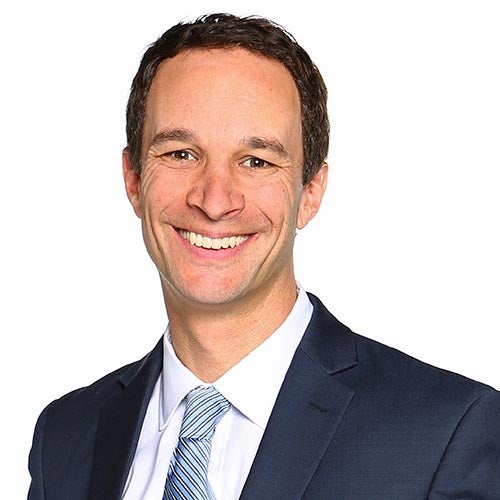It was said
Social Security is “the biggest Ponzi scheme of all time.” – Elon Musk
I don’t think Bernie Madoff is in jeopardy of losing his status as the orchestrator of the biggest Ponzi scheme of all time. While Social Security, like a Ponzi scheme, relies on current contributions to pay benefits, the similarities end there.
Social Security isn’t fraudulent. Unlike a Ponzi scheme, it’s transparent and legally mandated. A Ponzi scheme collapses when it fails to attract new investors or faces high redemption demands. Social Security, however, has mechanisms to adjust benefits and taxes as needed. Although some may question the political will to implement these adjustments, the alternative is unlikely. One could argue that Social Security has done more than almost any other program to alleviate poverty among the elderly.
Since you asked
Q: Would a recession be a good thing? Wouldn’t it drive interest rates lower, making it easier for the US to fund the debt?
A: No. Recessions are never beneficial. They don’t serve as a therapeutic measure or detox for the economy. Instead, recessions often lead to significant job losses and lifetime earnings can be adversely affected. Some of the unemployed may never return to the workforce. We should strive to avoid recessions at all costs.
Regarding debt funding, a recession would exacerbate the debt situation by reducing tax revenue and increasing spending through automatic stabilizers. In fact, the opposite is true: Debt is sustainable when a nation's nominal growth rate exceeds its borrowing costs.
Phone a friend
European stocks have had a great start to the year. What’s driving the rally, and how sustainable is it? I posed the question to Alessio de Longis, Head of Investments for Invesco Solutions. His response:
“A byproduct of the geopolitical tensions between the US, Ukraine, and Russia is Europe finding itself caught in the crossfire. The eurozone and the European Union, more broadly, have realized that the Pax Americana, which provided protection through international cooperation with the US for 80 years post-World War II, is no longer as secure.
In European circles and markets, there’s excitement due to a generational shift in the willingness and ability to increase defense spending, leading to substantial fiscal stimulus. This change was unexpected in economic circles just three to four months ago. It marks a significant inflection point in fiscal policy, which may significantly boost an otherwise relatively anemic private sector growth.”
On the road again
My travels took me to an event in Hershey, Pennsylvania, “The Sweetest Place on Earth,” where I heard a profoundly sad yet inspiring story from the keynote speaker and fellow Michigan Wolverine, Austin Hatch. Austin survived two plane crashes. The first claimed the lives of his mother and two siblings. The second, which occurred nine days after he had been offered a scholarship to play basketball at the University of Michigan, killed his father and stepmother and left Austin in a coma. Severely injured, Austin had to relearn how to walk, talk, and eat. Despite these challenges, he eventually fulfilled his dream of being a four-year varsity player at the University of Michigan.
Austin's message centers around overcoming adversity through the G.R.I.T. framework, which stands for Growth, Resilience, Integrity, and Teamwork. He emphasizes that adversity is an opportunity to grow and that by adopting a growth mindset, being resilient, maintaining integrity, and working as a team, individuals and organizations can help overcome any challenges they face.








